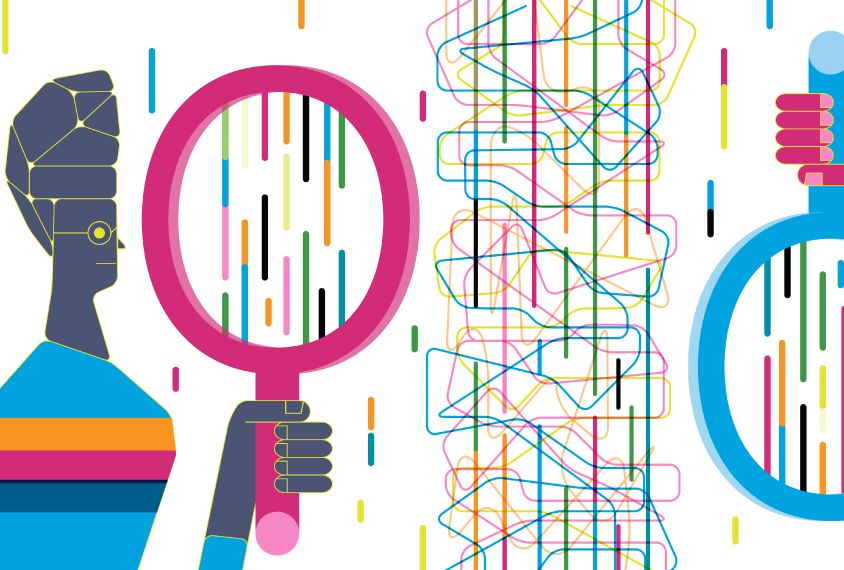Clare Harrop is assistant professor of allied health sciences at the University of North Carolina at Chapel Hill.
Clare Harrop
Postdoctoral Fellow
University of North Carolina at Chapel Hill
From this contributor
How to safeguard online data collection against fraud
When autism researcher Clare Harrop tried to recruit survey participants over social media, she received hundreds of fraudulent responses. But there are ways researchers can protect themselves from similar experiences.

How to safeguard online data collection against fraud
Learning when to treat repetitive behaviors in autism
Some restricted and repetitive behaviors may have hidden benefits for people with autism, so scientists should work to find a happy medium between acceptance and change.

Learning when to treat repetitive behaviors in autism
Explore more from The Transmitter
This paper changed my life: Ishmail Abdus-Saboor on balancing the study of pain and pleasure
A 2013 Nature paper from David Anderson’s lab revealed a group of sensory neurons involved in pleasurable touch and led Abdus-Saboor down a new research path.

This paper changed my life: Ishmail Abdus-Saboor on balancing the study of pain and pleasure
A 2013 Nature paper from David Anderson’s lab revealed a group of sensory neurons involved in pleasurable touch and led Abdus-Saboor down a new research path.
Sex bias in autism drops as age at diagnosis rises
The disparity begins to level out after age 10, raising questions about why so many autistic girls go undiagnosed earlier in childhood.

Sex bias in autism drops as age at diagnosis rises
The disparity begins to level out after age 10, raising questions about why so many autistic girls go undiagnosed earlier in childhood.
Microglia implicated in infantile amnesia
The glial cells could explain the link between maternal immune activation and autism-like behaviors in mice.

Microglia implicated in infantile amnesia
The glial cells could explain the link between maternal immune activation and autism-like behaviors in mice.